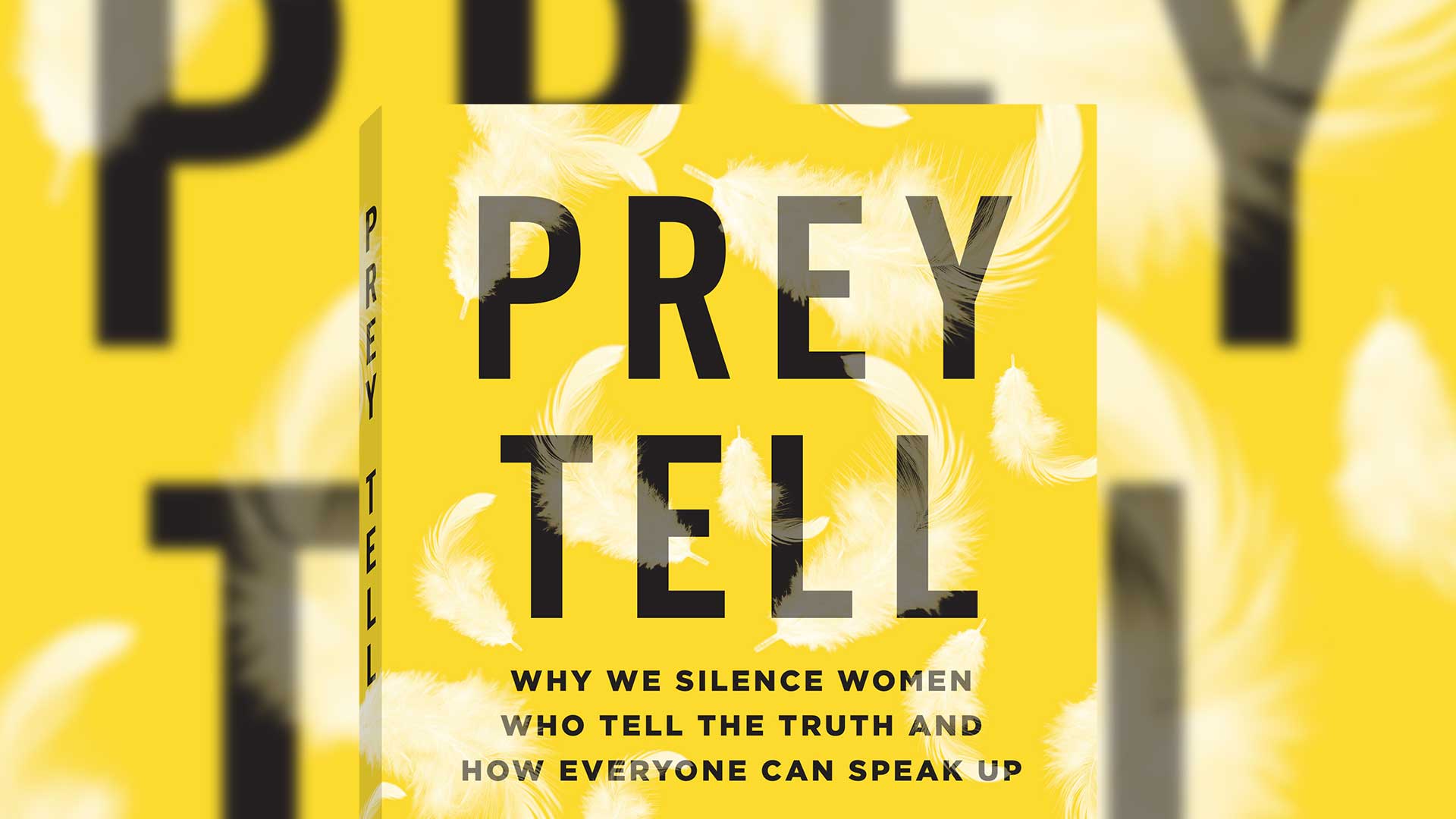What Purity Culture Didn't Teach Me
“Interestingly, purity culture and rape culture have always had one notion in common: that a woman’s body is not her own but belongs to a man. – Tiffany Bluhm, Prey Tell
I know what you're thinking...
"Oh great, another guy offering his unsolicited takes on purity culture. Just what the world needs."
You're probably not off-base for feeling like that. The staggering amount of opinions swirling around the internet right now in the wake of the Southern Baptist Convention Annual Meeting and, especially the now-deleted Matthew West song, Modest is Hottest are exhausting.
But if you can find the patience within yourself, please hear me out, I won't be long.
I got the less painful side of purity culture. All men do. That's just the truth.
It's equally toxic (more on that in a minute), but it's less painful. The majority of the shame, extreme restrictions, and hurtful rhetoric tends to fall on the shoulders of young women. The same women, no doubt, who have been raising their voices to share their rightful hurt after watching Modest is Hottest and seeing it warmly received by many of their fellow Christians.
On the surface, it's easy to miss why purity culture and the Christian conversation is, in fact, so toxic. It began, no doubt, in the minds of well-intentioned parents and pastors. It has been shared and developed by well-intentioned Christian authors. It even had a song written about it by a well-intentioned Christian musician that has been shared by well-intentioned Christian fans.
But good intentions do not mean good results.
As they say, the road to hell is paved with them.
One could write a book on the reasons that purity culture and the church's teachings on sex and modesty misses the mark. In fact, several great books have been. I'd recommend those interested to read The Great Sex Rescue by Sheila Gregoire,
Talking Back to Purity Culture by Rachel Welcher,
Prey Tell by Tiffany Bluhm, or
Recovering From Biblical Manhood and Womanhood by Aimee Byrd for a start.
If you're not a reader, you can watch an interview like
this one with Rachel Welcher.
I won't regurgitate all the data these incredible women have aggregated and reported on the subject. Instead, I want to share my perspective as a male who was raised in purity culture.
Purity culture taught me many things.
It taught me that women were objects. That I could tell identify the worth of a woman by the length of their skirt or the cut of their blouse.
It taught me that sex was a great thing, but that I was not supposed to talk about it, think about it, or ask questions about it.
It taught me that my strong sexual appetite was natural, and that one day, I could get a woman who, fulfilling her purpose, would take care of those urges for me.
It taught me that getting married was the antidote to lust, porn, and impure thoughts.
It taught me that there would be one woman in life I could freely have sex with any time I desired, and millions of women who would actively serve little purpose but to be temptations and threats against my reputation and own purity.
It taught me that – when it came to sex – men were physical and visual, while women were emotional.
It taught me that men want to be respected, but women just want to be loved.
Purity culture also failed to teach me many things.
It didn't teach me that women were human beings who deserved to be respected.
It didn't teach me that good sex in a relationship requires communication and work.
It didn't teach me that I should learn to control my sexual urges, and not look at women as nothing but an outlet for them.
It didn't teach me that the sexual struggles I had before marriage would not be solved by marriage.
It didn't teach me that women can be just as interested in the physical and visual elements of sex, or that men could be and should experience the emotional aspects of sex.
It didn't teach me consent, respect of boundaries, or the potentiality for healthy friendships or dialogue.
It didn't teach me that women desire, need, and, most importantly, deserve my respect.
My adult journey outside of purity culture has been marked by unlearning the toxic teachings I once held as Biblical, and learning, for the first time, the proper way to view women.
I am still consciously working on rewiring my brain to think differently about all of these topics, and It makes me cringe when I see books, songs, and other Christian media contain reductionist views of women. I can't imagine how women who've bore the brunt of the negative teachings within it feel seeing these same materials.
I promised I'd keep this short, and I will. Thanks for reading at least one more opinion piece on the subject.
If you leave with only one takeaway, make it this:
Purity culture – through what it's taught,
and
what it
hasn't taught – has done immeasurable damage to many within the Church. We have a lot to learn, and being well-intentioned is not enough.









